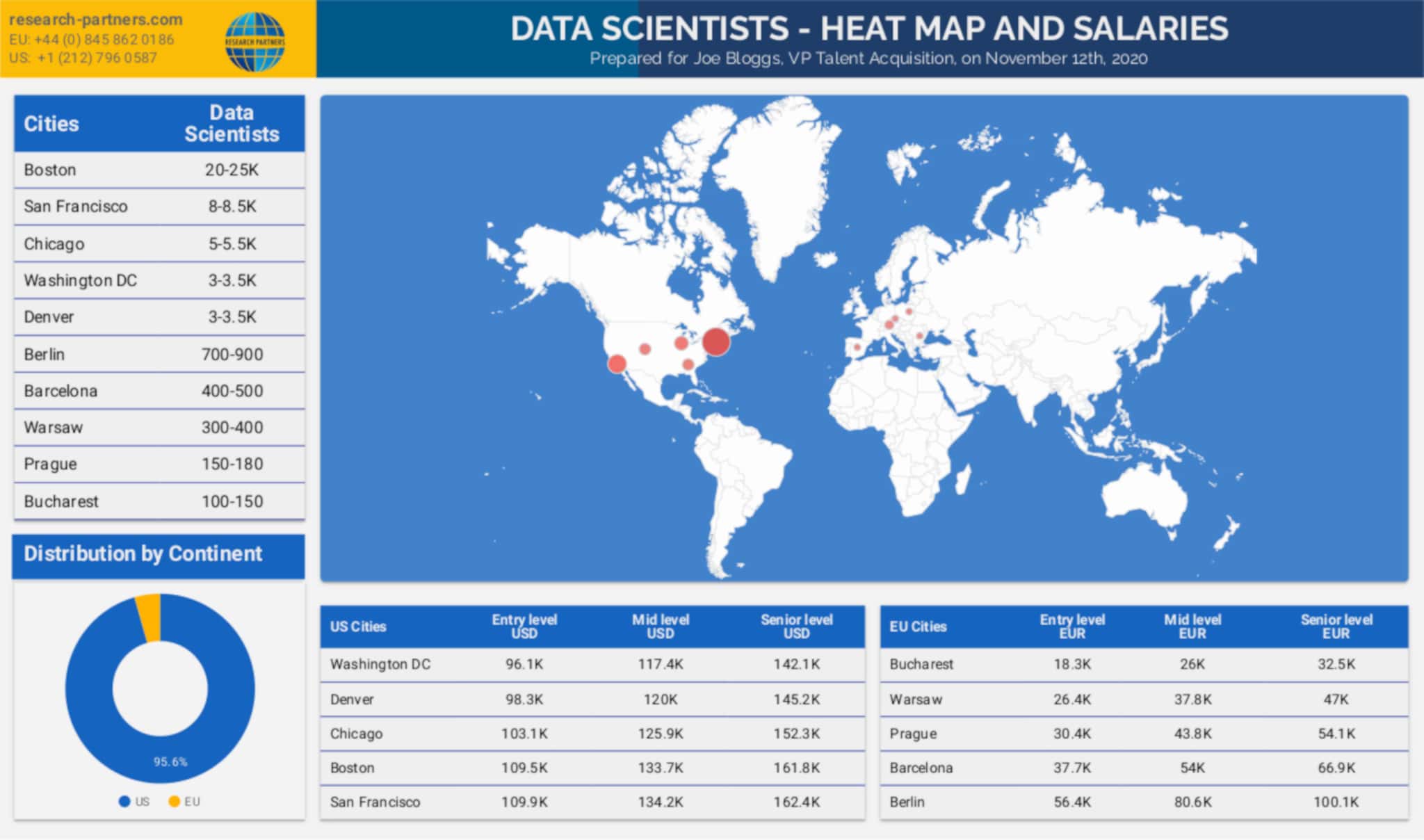Since 2010 the world of recruitment has been through a lot of changes; some developments have moved at a very slow pace, whereas others have been exceptionally fast. But recruitment really has embraced technology and is moving away from CVs and phone screenings to become more skills based, proactive and specialised in nature. With all of these changes in the industry what will 2020 mean for the world recruitment?
Technology in Recruitment
If you look back to 20 years ago, this is really when recruitment first went online and 10 years ago was when recruitment became connected, i.e. social media and really using technology in the recruitment process. It was in the 2010’s when candidate data became unstructured and accessible across the web. This has also meant that more analytical and research-driven recruiters have joined the industry, so it’s not just the previous more sales-focused recruiters who are at the forefront today.
The global tech sector is booming with China and USA ahead and other countries like the UK being not far behind. Recruiters are currently in a very good situation to take advantage of all the new platforms and Aps that have come to market over the last year. Recruitment technology has come a long way since 2010 and has really caught up with marketing and sales technology.

Photo by Nikita Kachanovsky on Unsplash
Artificial Intelligence
The 2020’s will be all about data, analytics and Artificial Intelligence (AI). AI is a prime example of a technology that is here to stay for the foreseeable future. AI currently functions well when minimum qualifications or volume of CVs are required and areas like cultural fit and further job intricacies are developing, but AI will never replace recruiters and human interaction and nor is it meant to; AI is really intended to complement the recruitment process.
Assessment Technology
Assessment technology, mainly psychometric, personality, cognitive ability and technical assessments, is also another big area for 2020 and beyond, now owing to the fact that the technology is cheaper and easier to roll out and utilise.
Social Media
Social media is a very effective means of recruitment and with 84% of companies now using social media to hire new employees, which are more prevalent in non-management and management recruitment (c. 80%+ of hires) as compared to Executives (c. 45% of hires) this trend looks set to continue to grow in 2020. In addition to social media expansion more users are using mobile phones for recruitment using various social media platforms.
Mobile Devices
A recent Glassdoor research article shows that 58 percent of their users today are looking for jobs on their phones and that mid-career workers (35-44 year olds) are the demographic most likely to be looking for new jobs on their mobile phones with 52% being women. So, Recruitment Managers need to be aware of this and to start to use social media more for their recruitment campaigns.
Analytics-based Recruitment
A recent survey by Deloitte showed that 71% of organisations favour people analytics-based recruitment, yet only 9% understand how talent management can augment their company’s performance. HR Analytics essentially highlights which areas of the recruitment process work better than others and the recruiters are able to adjust their strategies accordingly. This data-decision based form of recruitment will exhibit growth in 2020 and beyond.
Recruitment Specialisms
Over the last decade, it has been internal recruiters who have made the biggest impact to the recruitment industry. They will have a better understanding of their company culture than external recruiters and can improve employee retention, experience and development. This gives them a distinct advantage. But external recruiters have adapted to this change in the industry and both executive and non-executive recruiters have become more sector-specialised and can offer a better candidate experience and general industry knowledge than is apparent inhouse and this trend is set to continue in the 2020’s.
Soft Skills
In 2020 companies will be hiring candidates with strong soft skills such as empathy and communication and to answer this change in focus and the apparent large skills deficit, recruiters will need to concentrate on hiring individuals with the ability to adapt to changing roles in flexible company structures. This trend is expected to only accelerate in growth across all industries.
Improved Communication and Candidate Experience
One thing that we will see is an improved communication process between recruiters and candidates. Currently some organisations just don’t have the infrastructure or, unfortunately, the motivation there for their talent acquisition team to respond to and to continually build relationships with every candidate, even though candidates these days expect an exceptional candidate experience. The Talent Board, has illustrated that since 2010 over 1,000 companies across the world have been working jointly to define and measure candidate experience. The result is that organisations who build an outstanding candidate-to-employee experience can have the best pick of the available talent out there and technology should soon be able to update candidates at every step of the interview process.

Photo by Austin Distel on Unsplash
Employer Brand
An attractive employer brand is vital these days to entice the very best candidates for new roles. In fact 75% of people looking for new opportunities look at a company’s brand before even applying for a new position. The focus of an attractive new employer isn’t just about money though, candidates now also want to work somewhere with strong ethics, culture and values that have solid followings across all social touchpoints. This trend is only set to rise, and employers and recruiters need to respond to this accordingly.
Talent Pools
Creating and maintaining internal and external talent pools is a very effective way of sourcing for hard-to-fill roles. The historical method has been to focus on external talent pools, but internal recruiters these days are having to turn more and more to their internal talent pools to fill these positions and this trend is set to increase. This can cut costs, shorten the recruitment cycle and identify great candidates for future requirements.
Conclusion
With all the recent technological and analytical advancements recruiters are really having to adapt to make the most of these new tools and specialise in more focused industry areas, but overall we can see that the recruitment industry is not going to disappear beneath a rock, but more that it is continually evolving. Soft skills, improved communication, candidate experience and employer branding are also going to be at the forefront of developments in 2020 and beyond. 2020 promises to be an exciting year across many different areas, so let’s see what it brings.
Research Partners has been around for 15 years and as with many successful global recruitment businesses has also had to adapt to technological advancements and industry changes. We are strong users of social media for talent sourcing and provide our clients with a range of industry insight on all our campaigns as well as reporting and analytics. If you are looking for a cost effective and fresh approach to helping you find the best talent out there and then please feel free to contact us.
Featured image by Husna Miskandar on Unsplash





